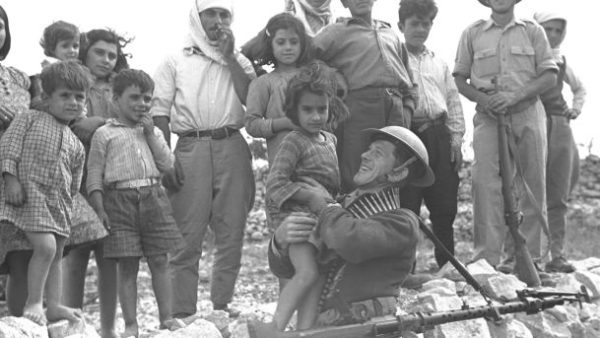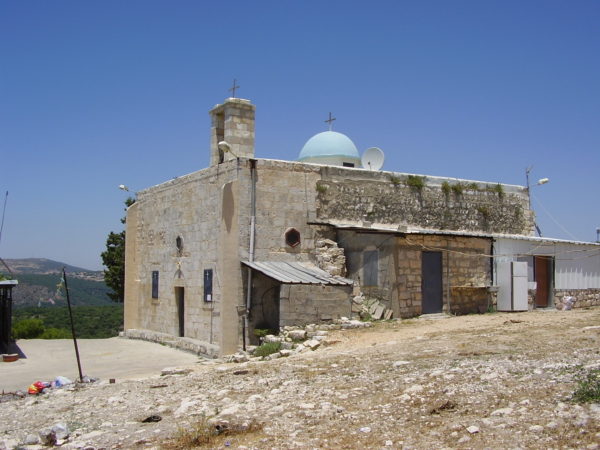Israel is a flourishing democracy, a nation usually governed by the rule of law. I add the caveat “usually” because perfection is not a quality that can be ascribed to any country, including Israel, in this very imperfect world.
Case in point: Sixty eight years ago, as the first Arab-Israeli war raged, the Palestinian residents of two largely Christian villages near the Lebanese border, Ikrit and Biram, were displaced from their homes by the Israeli army for military reasons. Having been assured they could return to their homes within about two weeks, most of the villagers went to nearby villages in anticipation of returning. The remainder streamed into Lebanon.

Much to their great disappointment and bitterness, Israel did not keep its promise. The approximately 1,000 villagers were not permitted to return to their homes and lands. They demanded the right of return, but to no avail.
The fate that befell them was not unique. During Israel’s War of Independence, which broke out after five Arab armies invaded the newly-proclaimed Jewish state, hundreds of thousands of Palestinians fled or were forced to flee. By war’s end, the Muslim and Christian Arab population of what had been Palestine had been whittled down from 600,000 to 160,000.
The Palestinians refer to this massive displacement as the nakba, or disaster.
Hopeful of being allowed back to their villages, the former residents of Ikrit and Biram lodged an appeal with the Israeli Supreme Court. In 1951, in a verdict that must have annoyed the Israeli government, the judges ruled that the residents of the two villages living in Israel should be allowed to return. It was an astonishing but ultimately empty victory because the government ignored the court’s ruling.
Two years later, the Israeli army virtually levelled Ikrit and Biram. Much of its land was converted into a national park, while the rest was divided among new Jewish communities established after 1948. What happened in Ikrit and Biram was not unusual. More than 400 other Palestinian villages suffered a similar fate.

Although barred from returning to their homes, the villagers never forgot their grievous loss, passing the torch to succeeding generations of young Israeli Palestinians. Weddings were held in Ikrit’s church and the dead were buried in Ikrit’s cemetery.
Even an arch Jewish nationalist like Menachem Begin felt their pain. During the 1977 election campaign, he promised them he would work for their return, but once in office as prime minister, he reneged on his pledge.
In the year before he was assassinated by a right-wing fanatic, Prime Minister Yitzhak Rabin set up a committee to study the problem. The committee concluded that the villagers had a right to return and that the government was duty bound “to assist them in doing so.”
These recommendations have gathered dust, never having been implemented by successive Israeli governments.
Recently, in what may be a significant development after decades of inaction, 30 Arab and Jewish members of the Knesset publicly declared their support for the right of the villagers and their descendants to return to Biram and Ikrit.

Israel’s former minister of defence, Moshe Arens, also lent his support to the initiative.
It was organized by Ayman Odeh, the head of the Arab Joint List, which sent 13 parliamentarians to the Knesset after last year’s general election in Israel. Odeh is hopeful that more Jewish MKs will join the bandwagon, but he’s too optimistic.

If the villagers of Ikrit and Biram are ever permitted to go back, as Odeh hopes, a precedent will have been created, encouraging other Israeli Palestinians who’ve been internally displaced to demand the same rights.
Realistically, it’s doubtful whether Israel will embark on this uncharted road. Israel opposes the right of return in principle and is extremely unlikely to change its policy.
